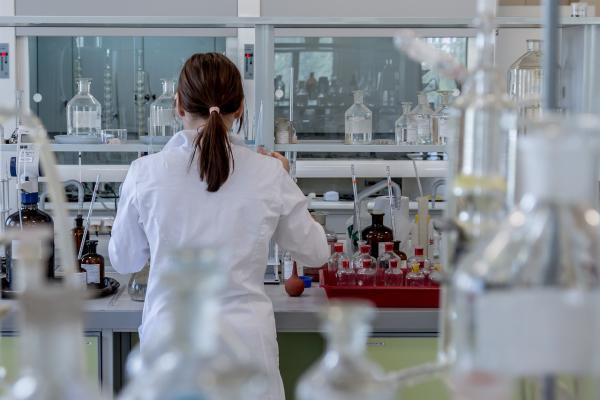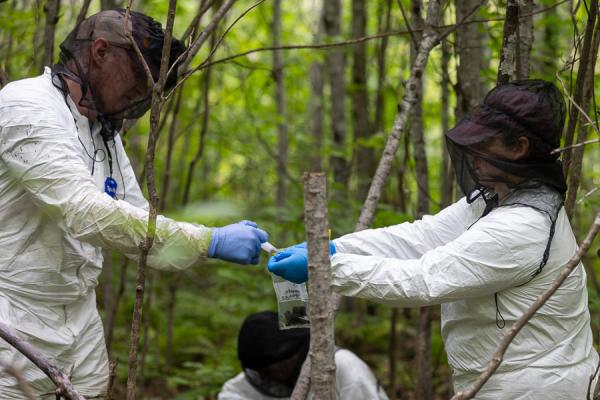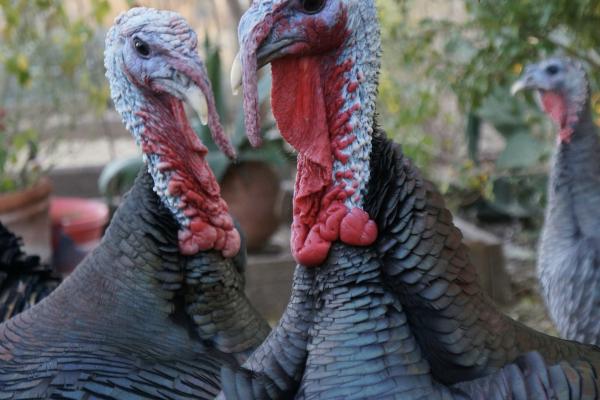Newly funded: Secure Food Systems group secures USDA award to modernize risk assessments
December 17, 2021

Foreign animal disease (FAD) outbreaks can devastate animal populations and the businesses who rely on them. Control methods meant for infected farms can also inadvertently affect farms with uninfected animals—which, in the case of poultry, continue to grow birds and produce eggs during an outbreak. To minimize the unintended effects of control strategies and still prevent disease spread, regulators and producers rely on a set of risk assessments that have been developed over time since 2007 as part of a collaborative, interagency guidance called the Secure Food Supply Plans. The proactive assessments provide a scientific blueprint—complete with a calculated risk rating—to inform animal movement decisions for a variety of food-supply pathways during such outbreaks.
But many of these risk assessments haven’t been updated in years despite scientific advancements and lessons learned from a spate of such FAD outbreaks throughout the country. Now, thanks to $272,696 in new funding from the USDA Animal and Plant Health Inspection Service as part of the most recent federal farm bill, a team of University of Minnesota researchers in the Secure Food Systems group will study and revise six older risk assessments and permit guidelines relating to the egg-production industry. None have been updated in at least 10 years.
The goal is to leave as little of a financial dent on the industry as possible during a FAD outbreak, the damage-control measures for which—including production slowdowns and limits on animal movement—are often as costly as the disease itself.
The team to conduct the revisions, now led by Timothy Goldsmith, DVM, MPH, DACVPM, Marie Culhane, DVM, PhD, Cesar Corzo, DVM, PhD, and Carol Cardona, DVM, PhD, DACPV, in the College of Veterinary Medicine, was integral in writing the initial risk assessments. Since then, outbreaks, including four of highly pathogenic avian influenza in the country, have given scientists and regulators experience in control and mitigation strategies, as well as with permitted movements, and has caused them to revisit previous assumptions on which the original risk assessments were built.
The team will use that valuable experience to review and optimize the risk assessments so that regulators and producers are working with the best available evidence when they prepare and exercise control strategies and allocate resources and capacity prior to an outbreak. For the sake of the country’s food supply, these proactive risk assessments are critical in providing clear, actionable steps to ensure continuity of business in a way that minimizes the risk of further spread of disease.
The project begins in March and will run through February 2024.


